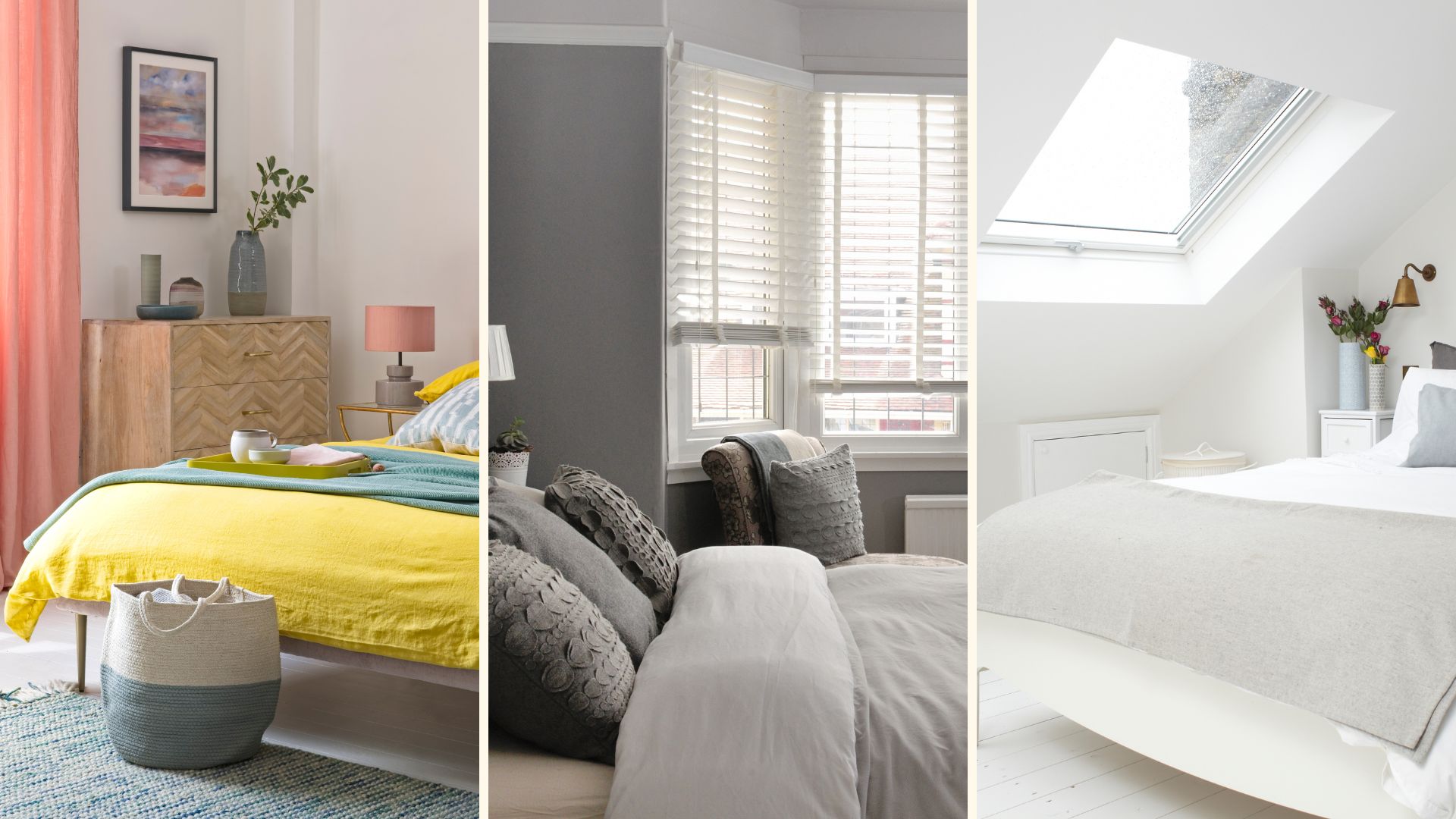
Our bedrooms attract dust at an alarming rate, possibly even more than any other area of the home. Given how much time we spend in them every night, it's worth knowing how to get rid of dust in the bedroom effectively, and how to reduce the amount of dust in our homes as a whole, so it never gets quite so bad again.
By cleaning and dusting regularly (the pros say we should dust our bedrooms once a week, and then it'll be a breeze), we also improve our home's air quality, helping us to sleep better, not to mention creating a much more pleasant and inviting bedroom environment.
Here's what the professionals recommend – and, side note, if your bedroom is currently so cluttered that you don't even know where to start with your feather duster, head to our round-up of professional decluttering methods.
How to dust a bedroom: 5 professional tips
Once you've decluttered your bedroom, it's time to tackle the job and as with anything in life, consistency is key. "People tend to spend a lot of hours in their bedrooms, and much of household dust is human skin cells," says cleaning expert Aaron Christensen from Homeaglow. "Frequent, fast cleaning will be a better option to reduce dust, than waiting to do occasional deep cleaning."
1. Ventilate the space
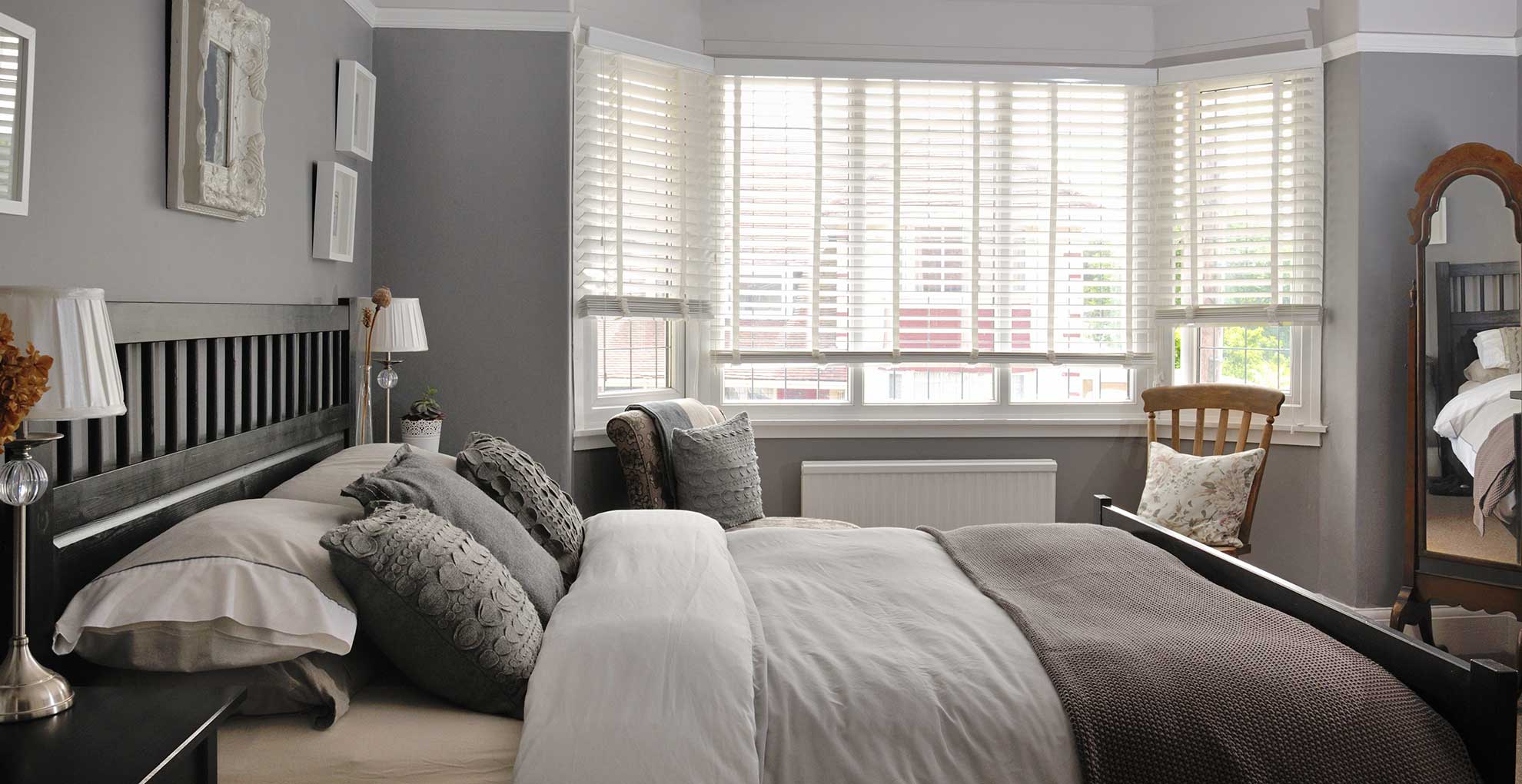
Before you begin, it's a good idea to get the air flowing, as dusting throws particles into the air, which can irritate our lungs. An open window will let fresh air in and create a more comfortable environment in which to clean. Plus, dust mites actually thrive in humidity, and opening a window can reduce the humidity levels.
The pros recommend it, too: "We first start dusting a bedroom by allowing the room to be ventilated, that's opening all doors and windows," says Delah Gomasi, the owner and CEO at MaidForYou.
Remembering to ventilate will also help when you are using cleaning sprays, for instance, when cleaning your windows or getting stains out of carpet. You may also like to put on your air purifier, if you have one, as this will catch airborne particles.
2. Declutter surfaces
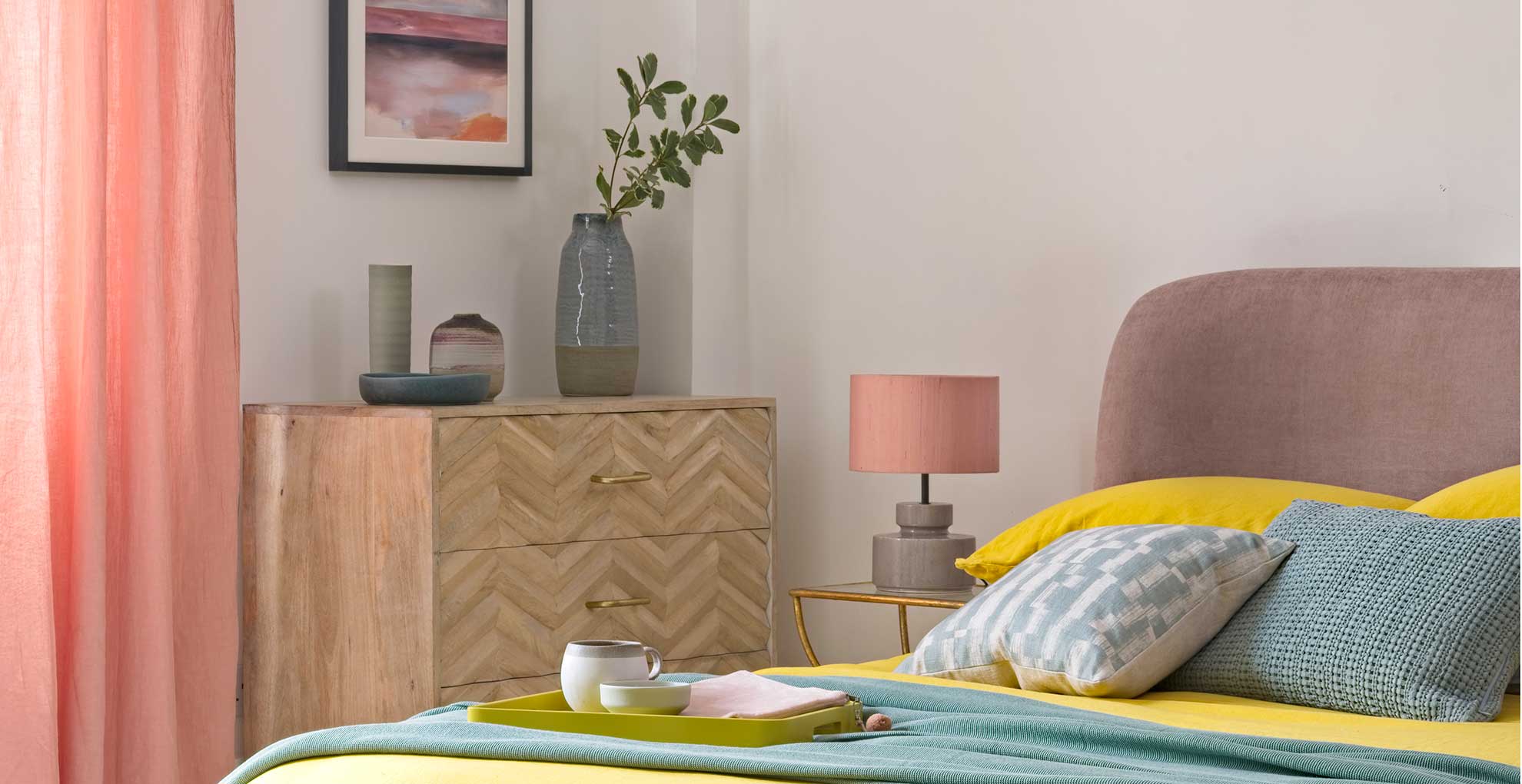
It's hard to clean effectively when there's too much stuff everywhere, so create piles of items that can be dealt with later on and focus on removing dust from all of the horizontal surfaces in your bedroom.
"Remove any clutter or items from surfaces, like dressers, nightstands, shelves, and tables," says Rachel Mullaney from Leicester cleaning service Merry Maids. If you want to go the extra mile, you can head to our bedroom decluttering guide, which has lots of tips to make it feel more manageable.
3. Gather your cleaning products
Using the wrong tools is a common dusting mistake to avoid, so make sure you have everything you need (a new Scrub Daddy duster or cleaning spray always motivates us to clean). Lots of us assume all we need is a duster, but you also want a microfiber cloth (or five) that is ever so slightly damp. "Microfibre cloths are brilliant at trapping dust particles in the smaller fibres and are gentle on surfaces. Win-win!" says Rachel Mullaney.
So, what else do professional cleaners swear by? "I recommend a 100% lambswool duster on an extendable stick – it’s the easiest way to dust items up high and behind furniture," shares Aaron Christensen. You can pick up an extendable lambswool duster, at Amazon.
Delah from MaidForYou recommends using a microfibre cloth on an extended pole for reaching higher areas. "Make sure to use the extended pole for the skirting as well, as this will save you bending down to wipe them," he advises. This microfibre mop, at Amazon, will do the job and comes well-reviewed. Otherwise, you can also use a step ladder.
RRP: £7.90 | I love using the Swiffer duster as it's really light and ideal for dusting delicate items, from picture frames to perfume bottles. It tackles dust and cleans skirting boards effectively and I'm always shocked at how much dust it collects.
RRP: £4.49 | A slightly damp cloth or sponge is the best thing to dust with according to professional cleaners. This Scrub Daddy duster is well-reviewed on Amazon, removing dust from all bedroom surfaces including blinds, skirting boards, radiators and mirrors.
RRP: £15.99 | A damp, clean microfibre cloth removes dust and bacteria with no need for cleaning products and they're machine washable. It's a good idea to use different colours for different areas to avoid cross-contamination.
4. Clean from top to bottom
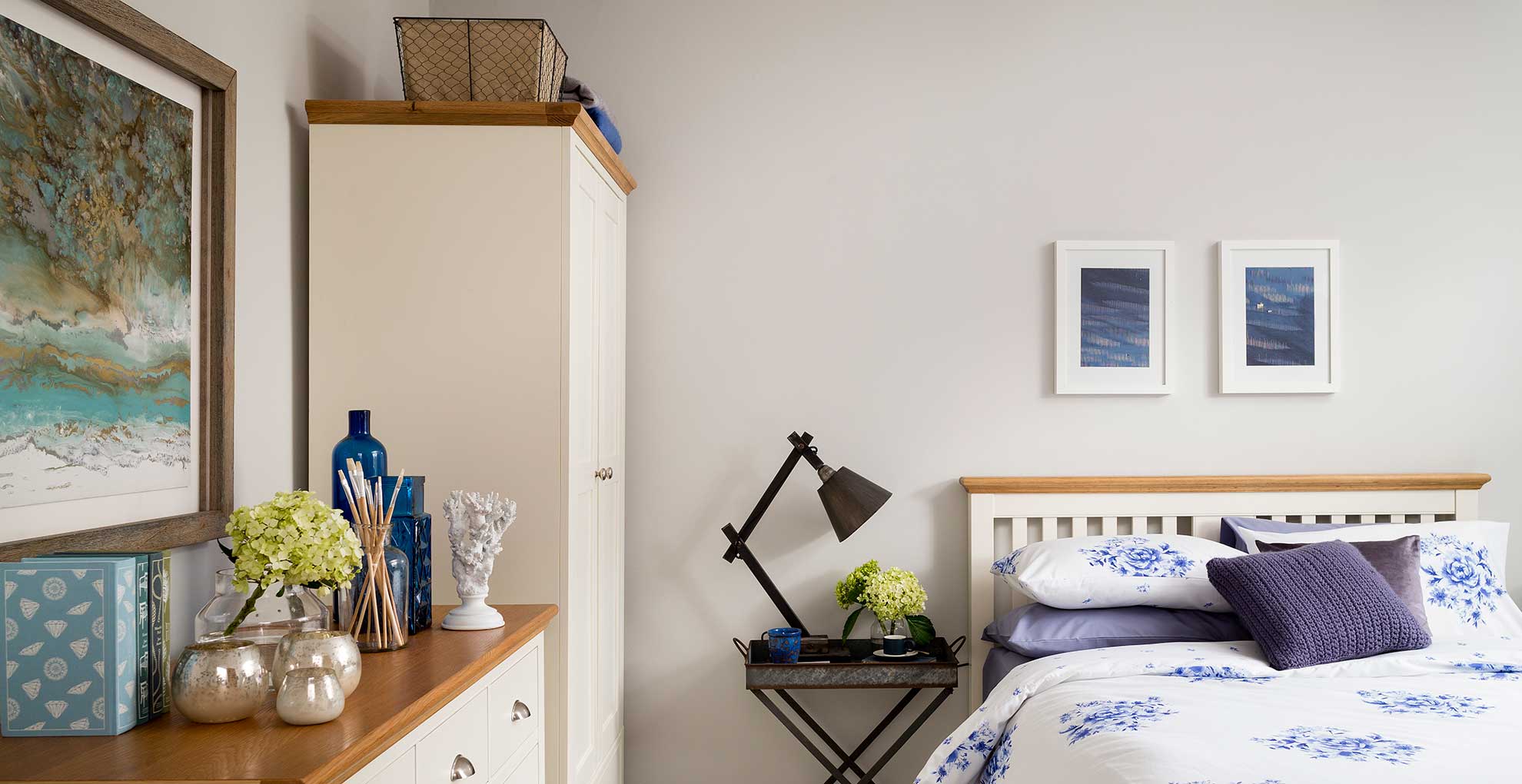
Professional cleaners work from top to bottom, and in a clockwise direction, to prevent dust from falling onto already cleaned areas, or accidentally dusting the same place twice.
"Work from top to bottom. This is commonly advised because it’s correct!" says Rachel Mullaney. "This will prevent dust from falling onto already cleaned areas," says Rachel. Take your time, work with gentle strokes, and replace microfibre cloths regularly to avoid spreading dirt around.
High
- Light fixtures and ceiling fans
- Curtain poles
- Doors and door frames
- Cobwebs around coving
- Window frames
Middle
- The top of the headboard
- Dressers and chests of drawers
- Shelves
- Bedside tables
- Decor and ornaments
- Picture frames
- Lamps
Low
- Skirting boards
- Wood panelling
- Furniture legs
5. Finish by vacuuming
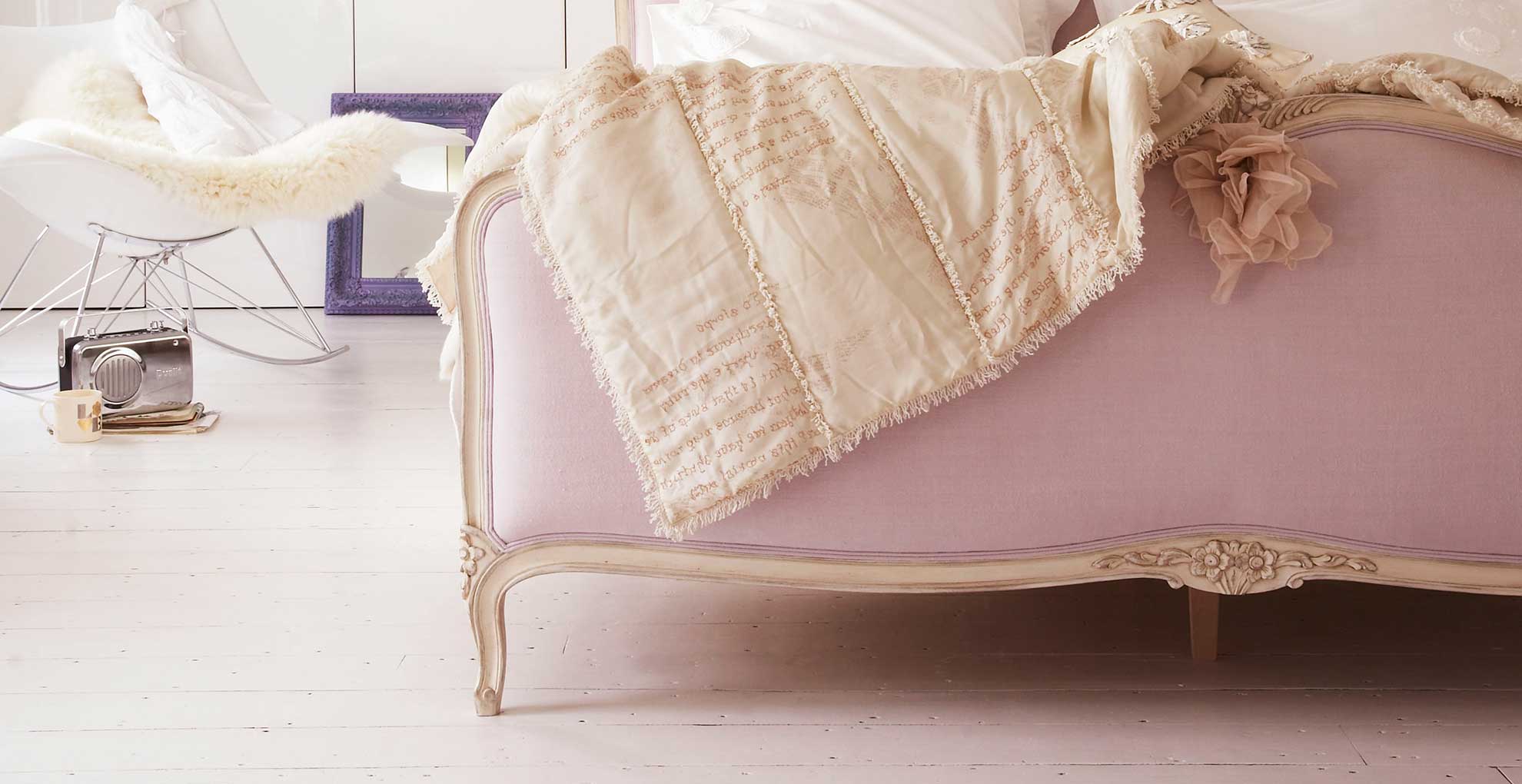
Then finish by vacuuming your floors and any rugs, moving furniture around as needed. "Afterwards, give the floor a thorough vacuuming including under the bed frame (as much as possible)," says Aaron Christensen. Use your vacuum's brush attachment to clean your skirting boards of any lingering dust.
FAQ
What could be causing a very dusty bedroom?
"Spending a lot of time in your bedroom, for instance, if it doubles as a home office, having pets sleep in your bedroom, or improper dusting could all lead to a dusty bedroom," says Aaron Christensen. "Since it's a place to relax and fall asleep, you will reap the benefits of keeping your bedroom dust-free and freshly cleaned."
Nearby construction or landscaping work could also be contributing to dust in the room, as can high humidity levels, as they can also cause dust mite growth and dust accumulation.
How can I keep my bedroom dust-free?
An entirely dust-free bedroom is no mean feat, but there are lots of ways to keep dust to a minimum. Cleaning expert Rachel Mullaney recommends using a high-quality air purifier and washing your bedding regularly. This includes sheets, pillowcases, and comforters.
Vacuum once a week, ideally with a model with a HEPA filter, and if you notice pollen and outdoor dust coming in through the window – particularly in spring – avoid having windows open for longer than necessary.
"If you have pets that shed, this contributes to dust in your room, so limit the amount of time they can spend in your room," adds Delah Gomasi.







